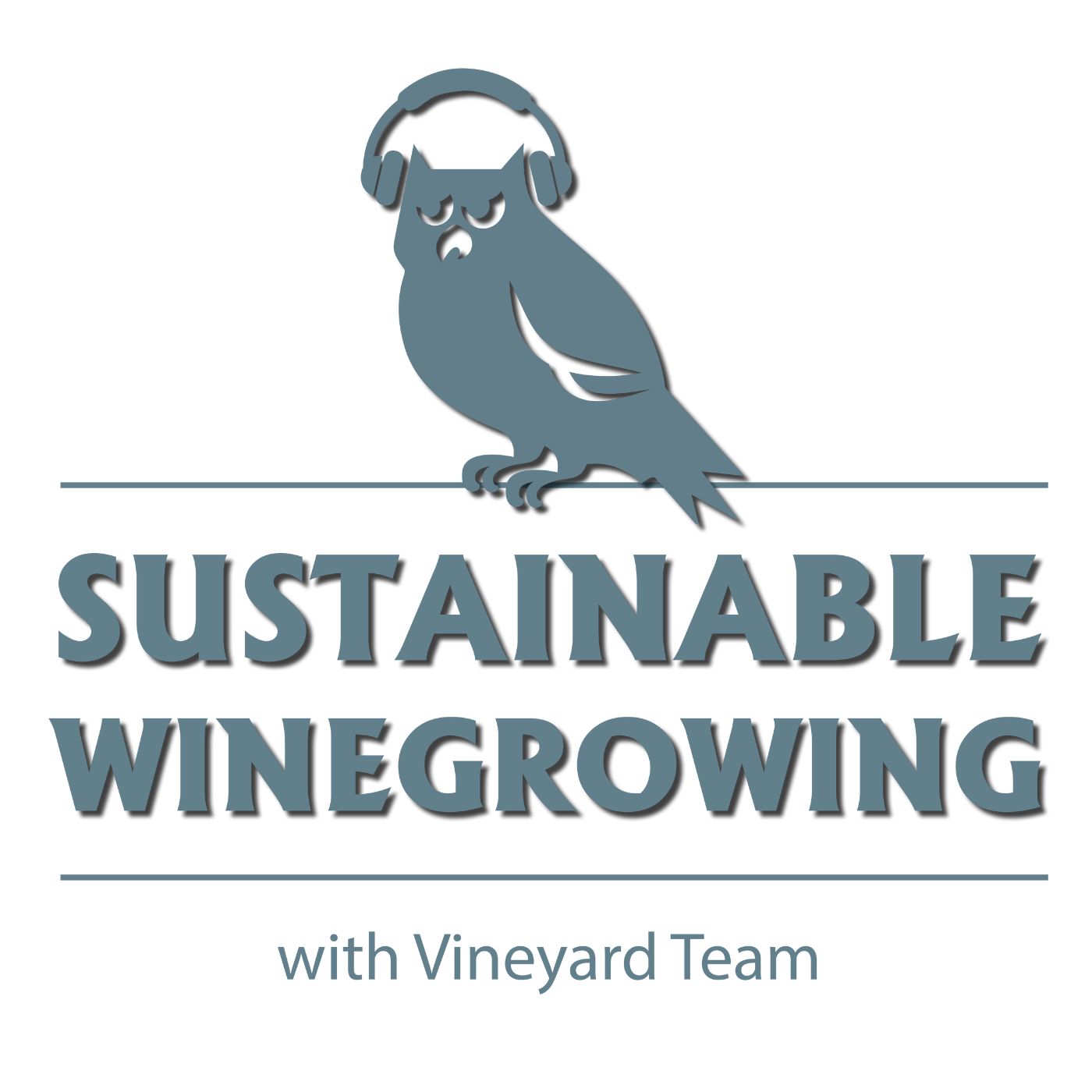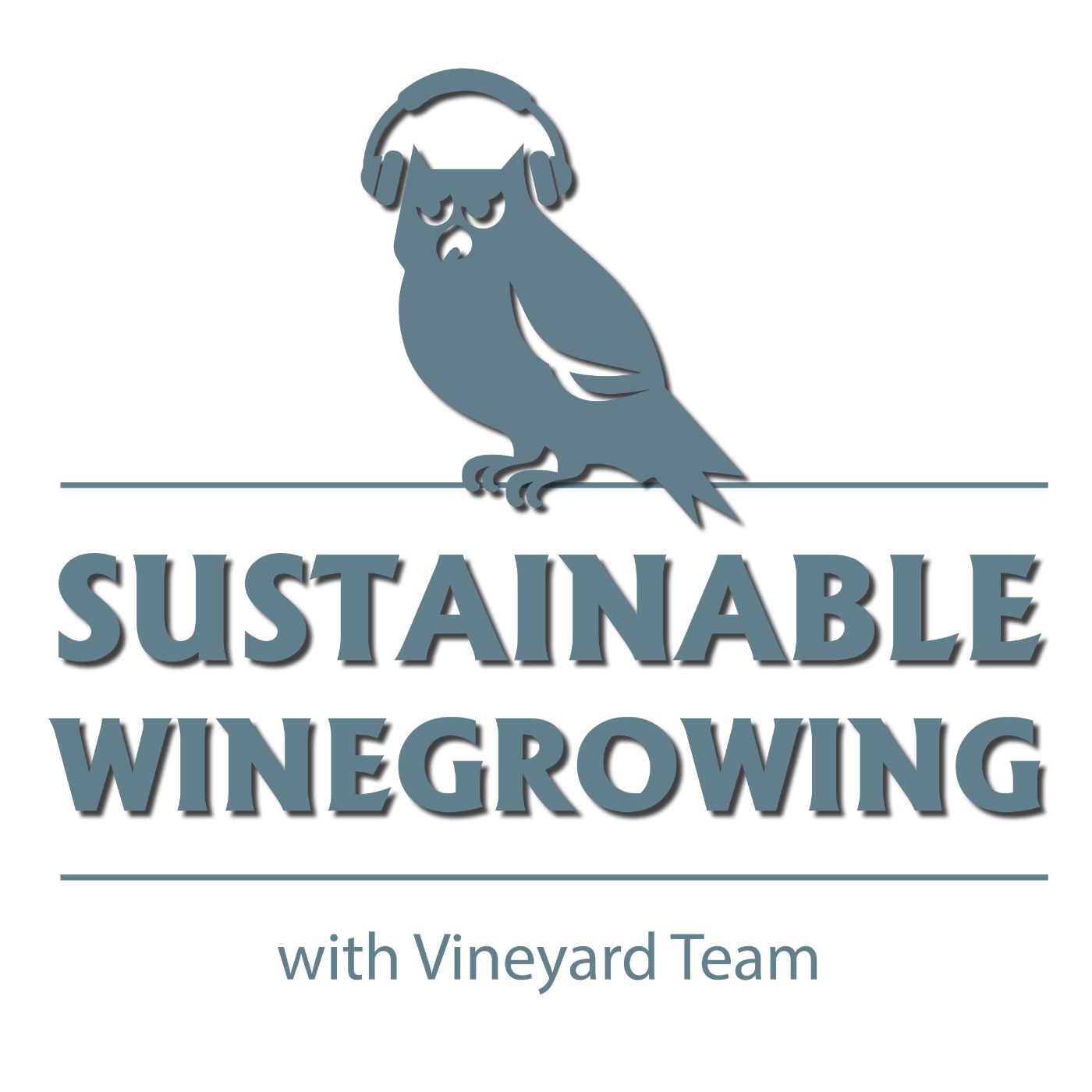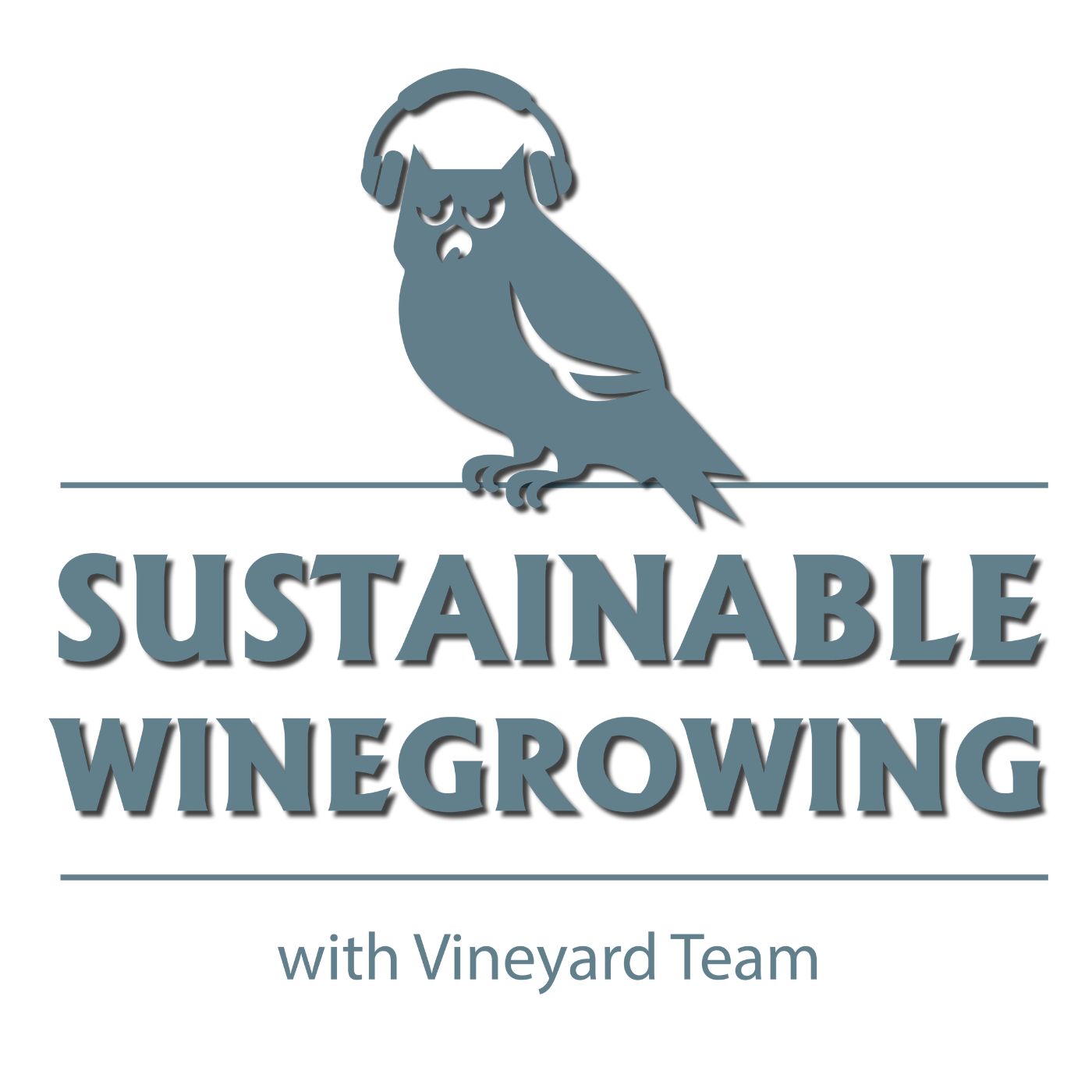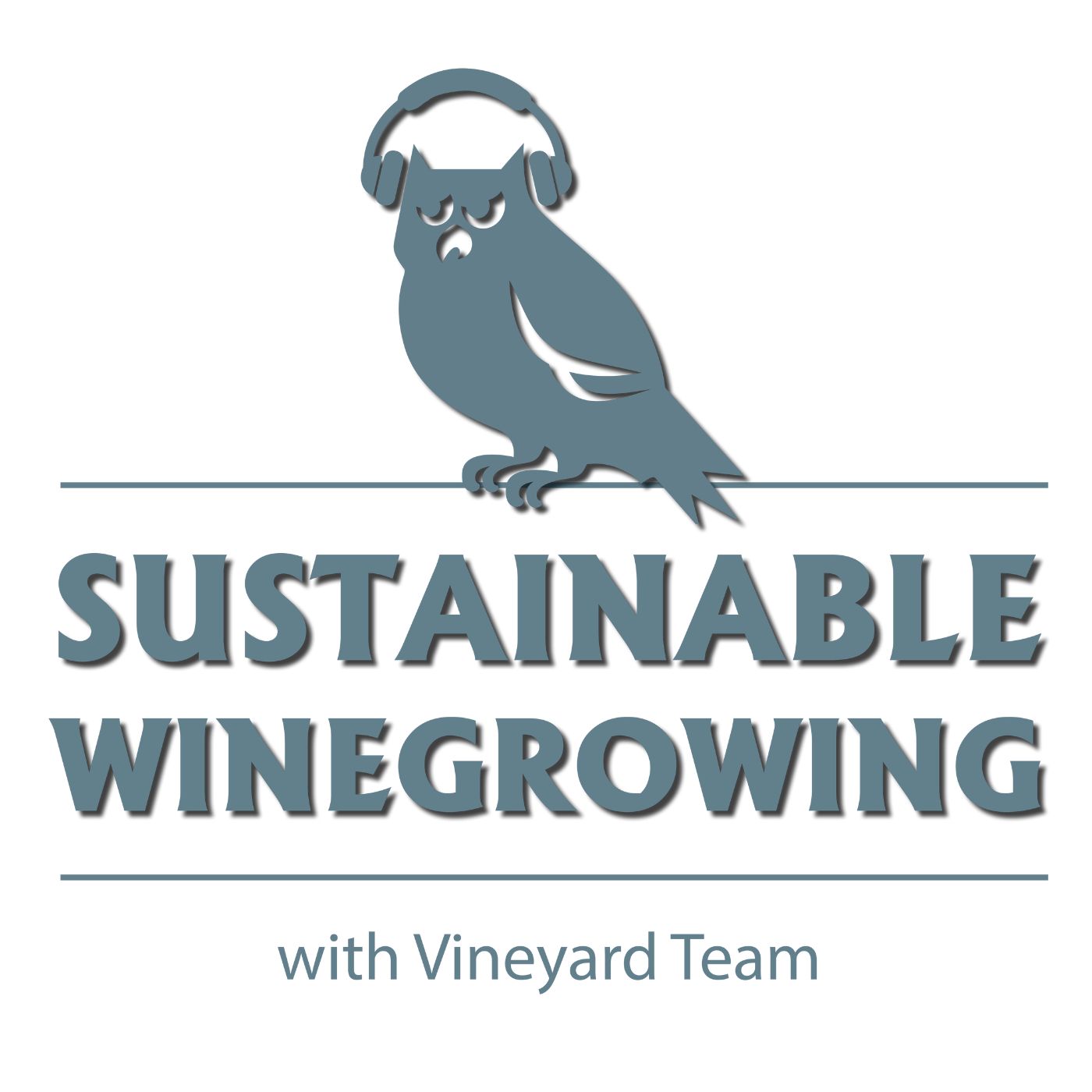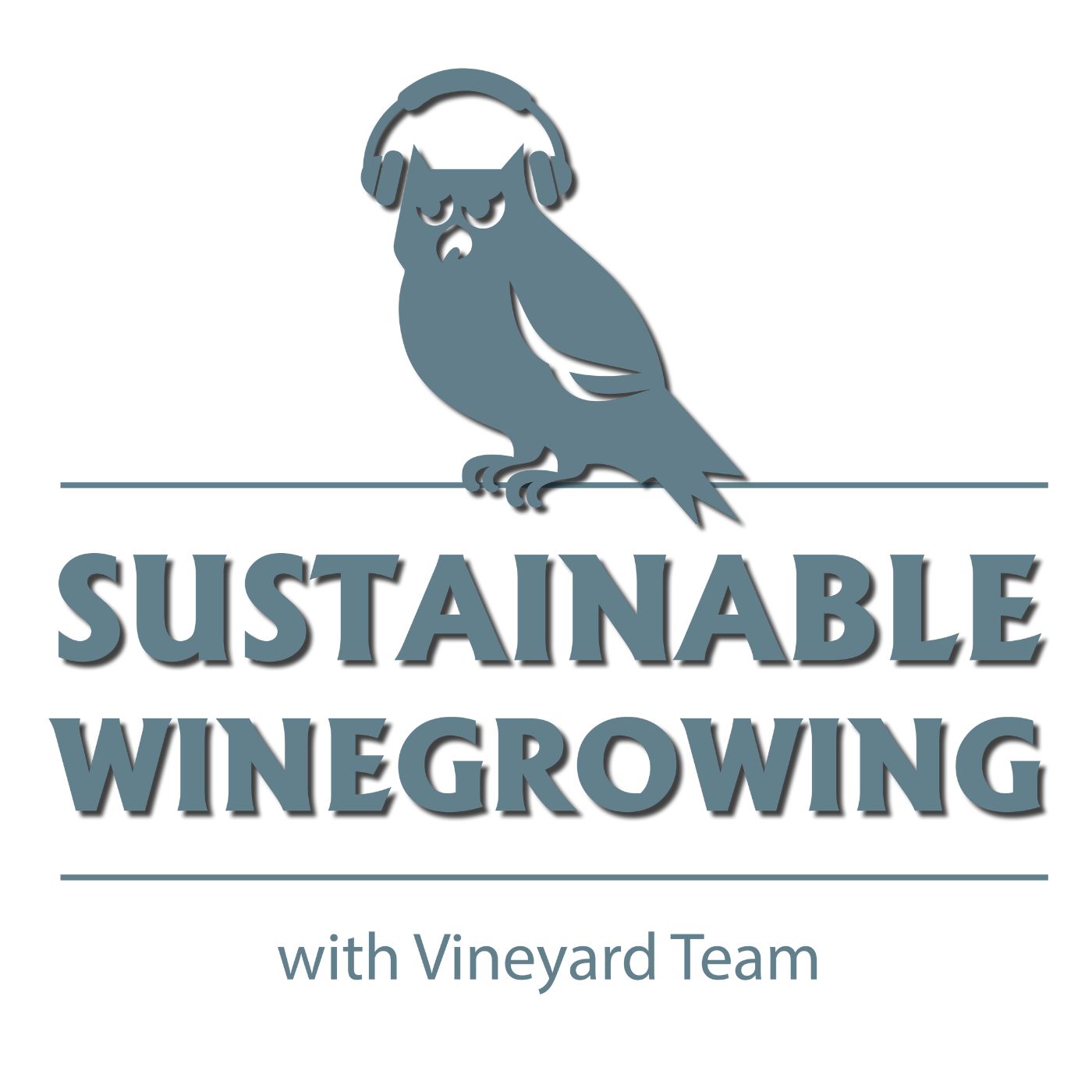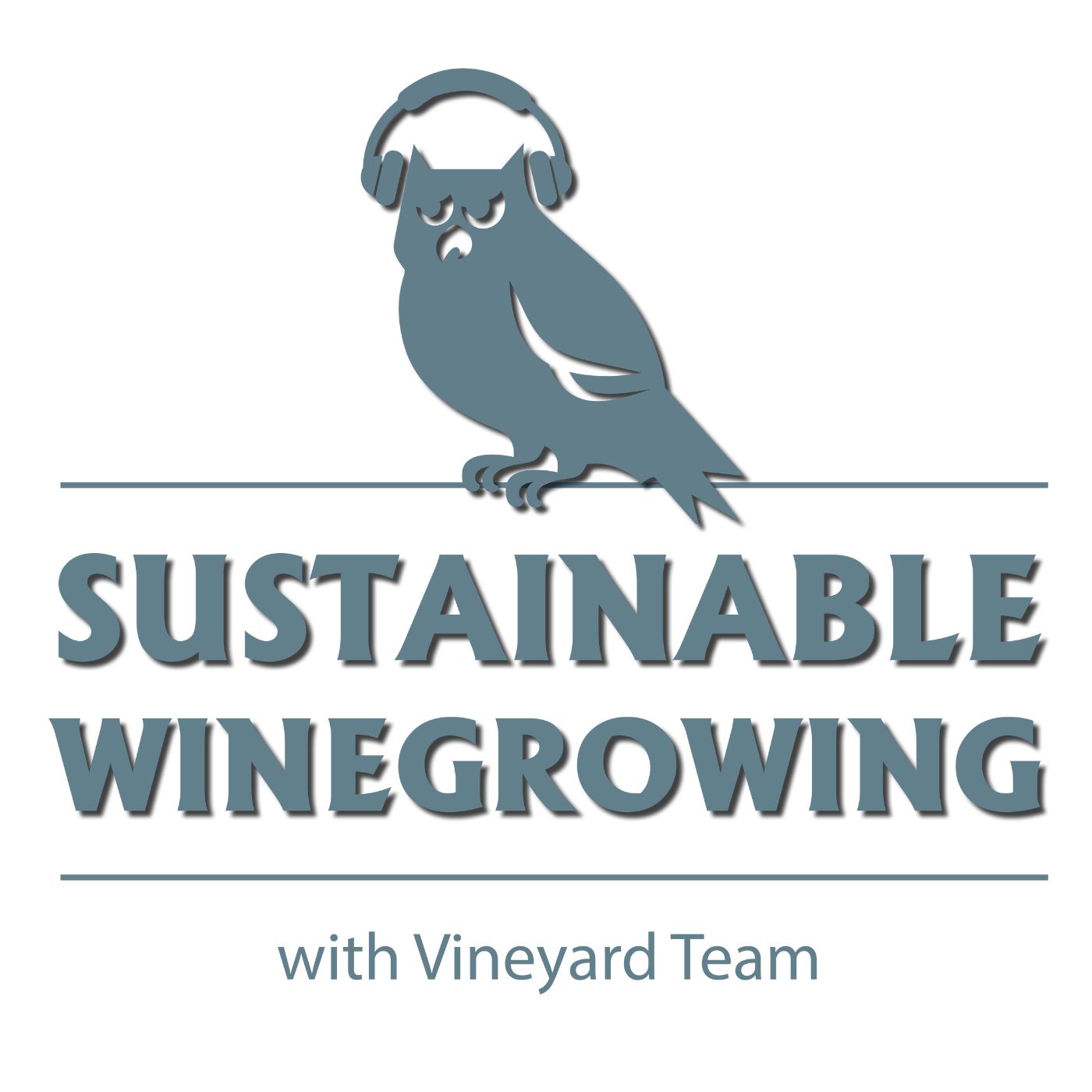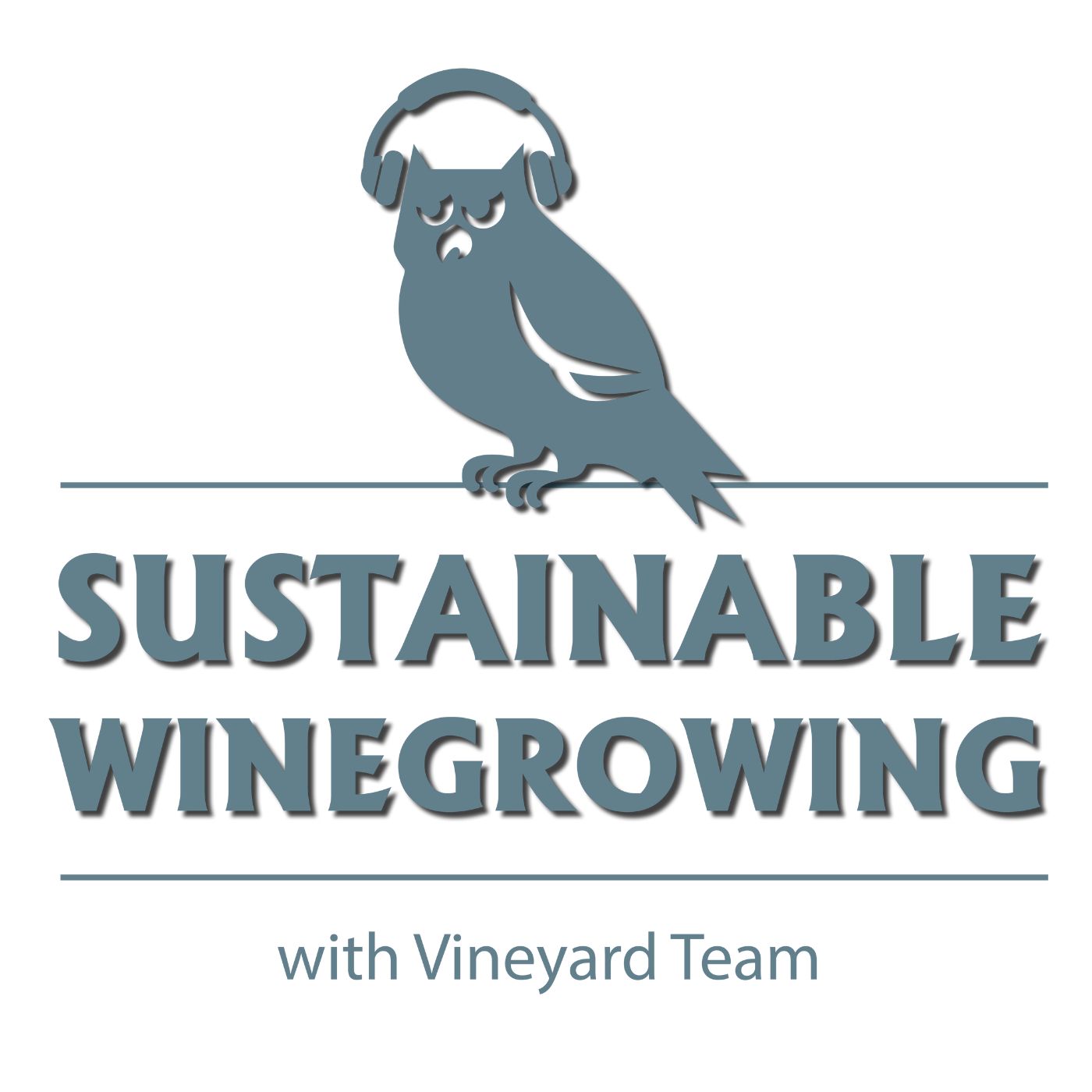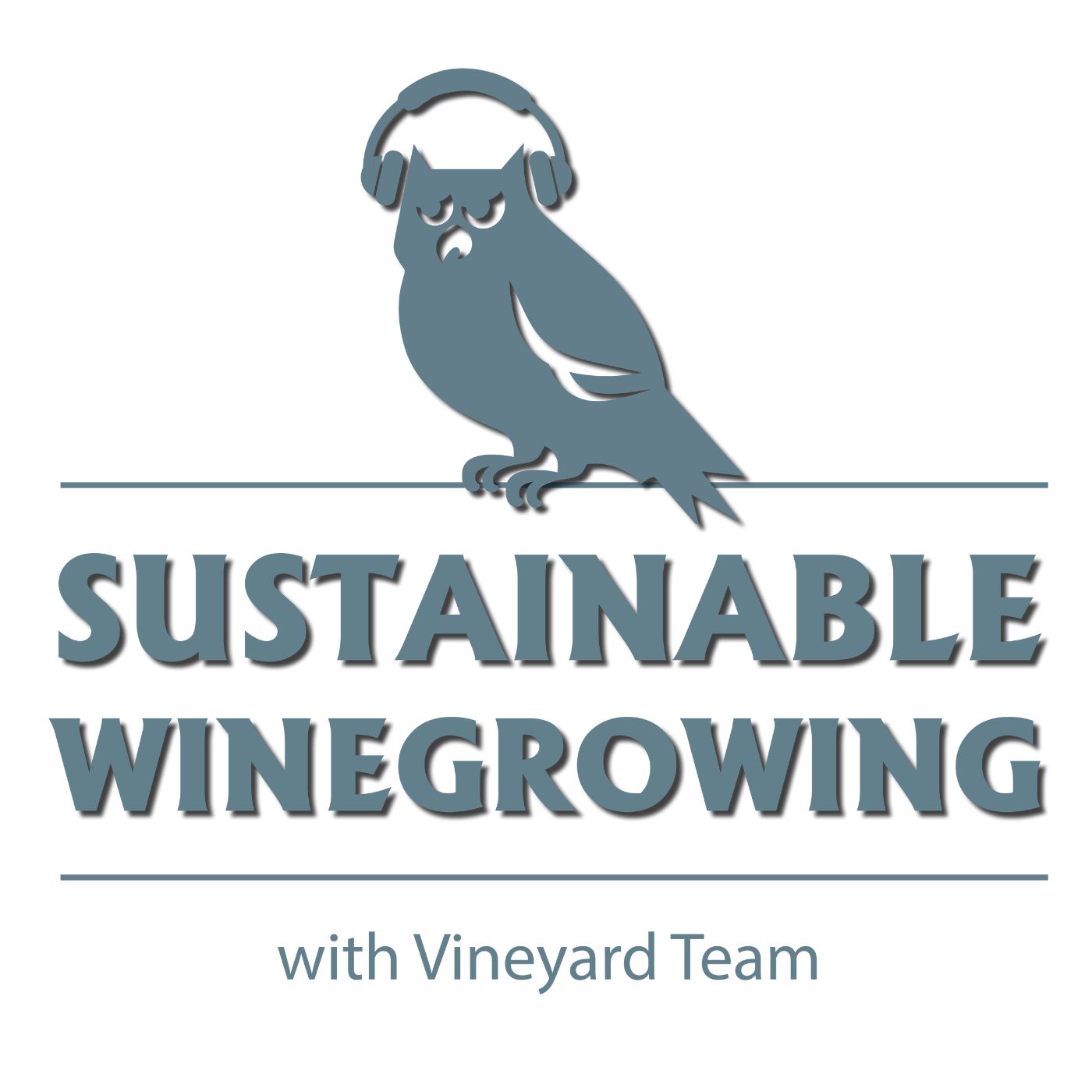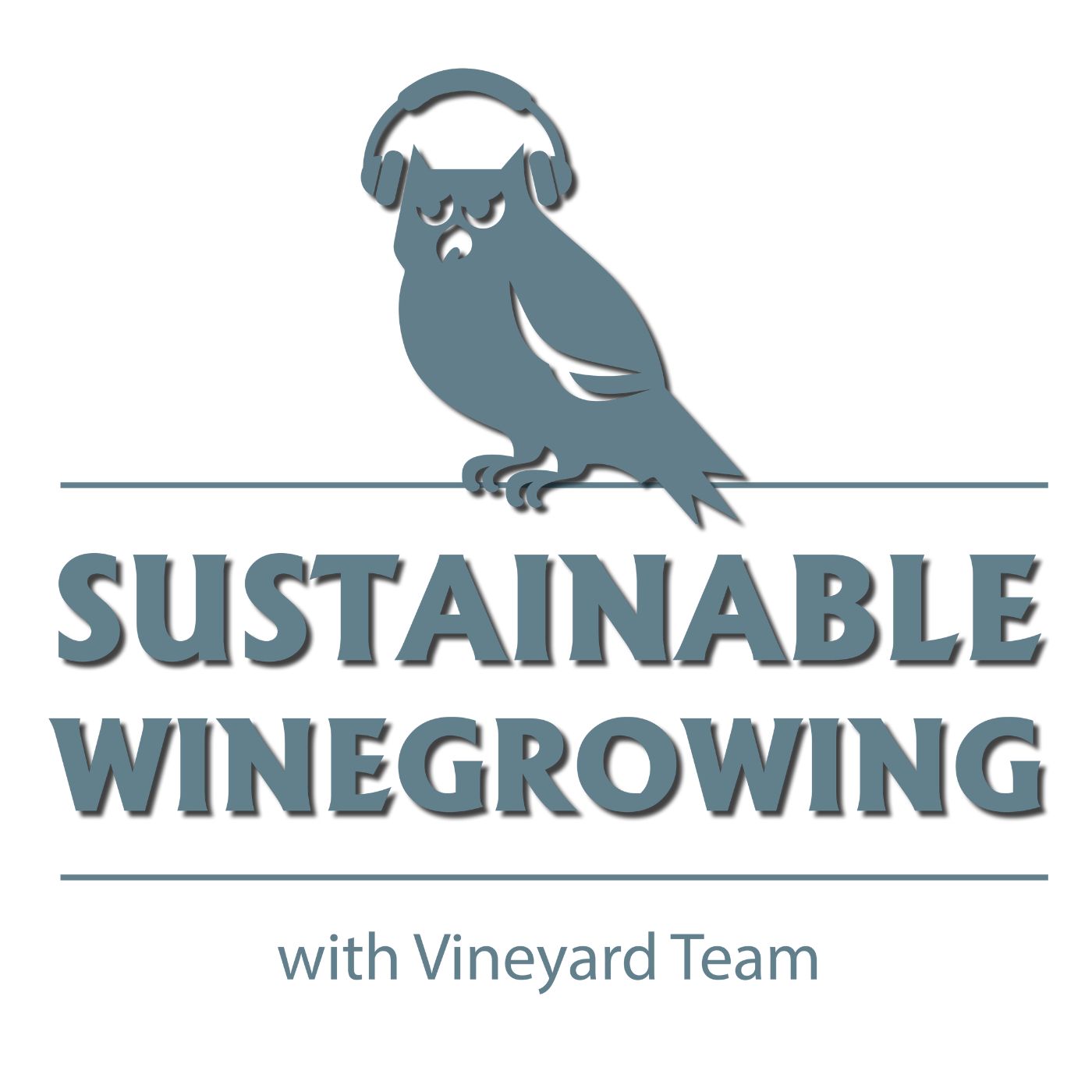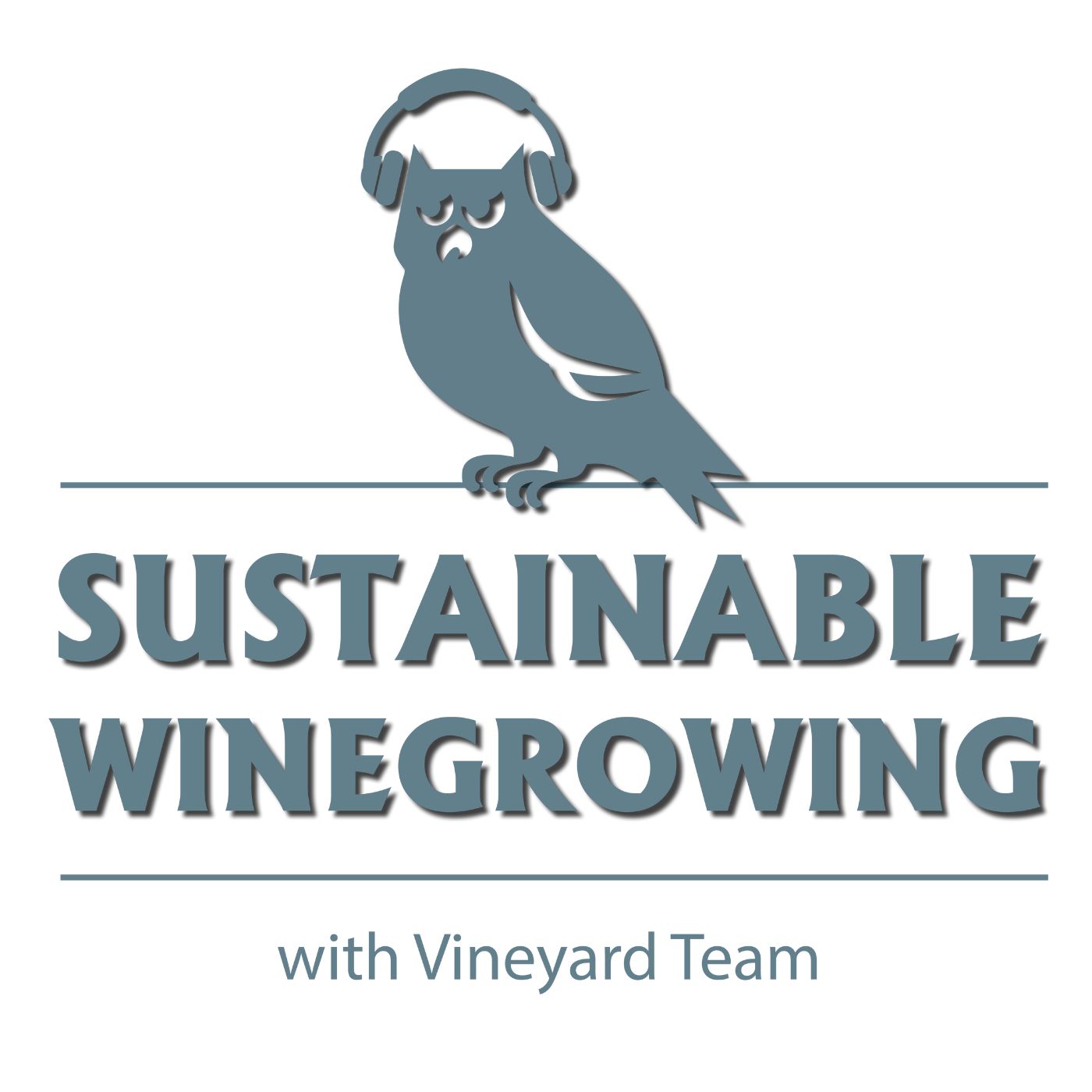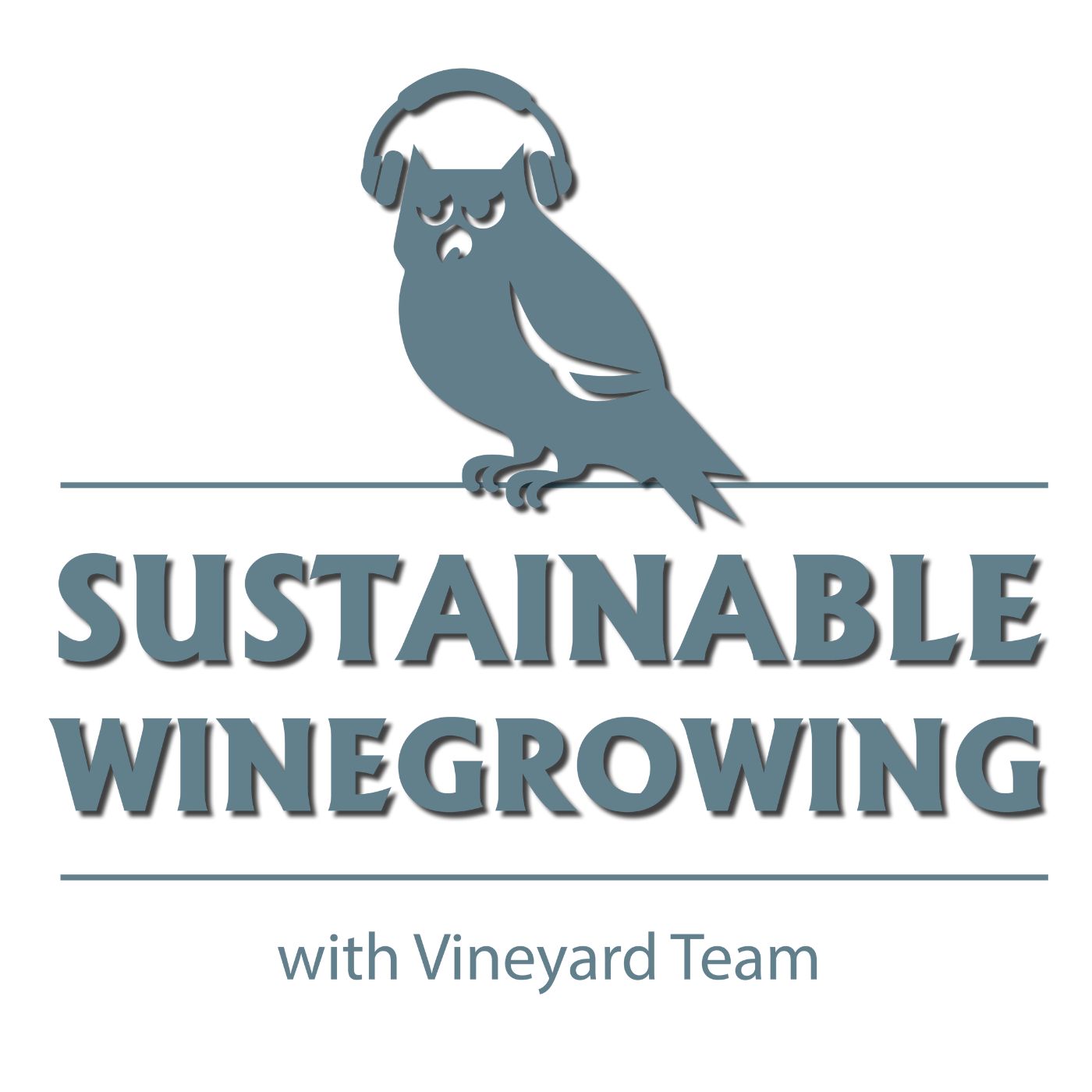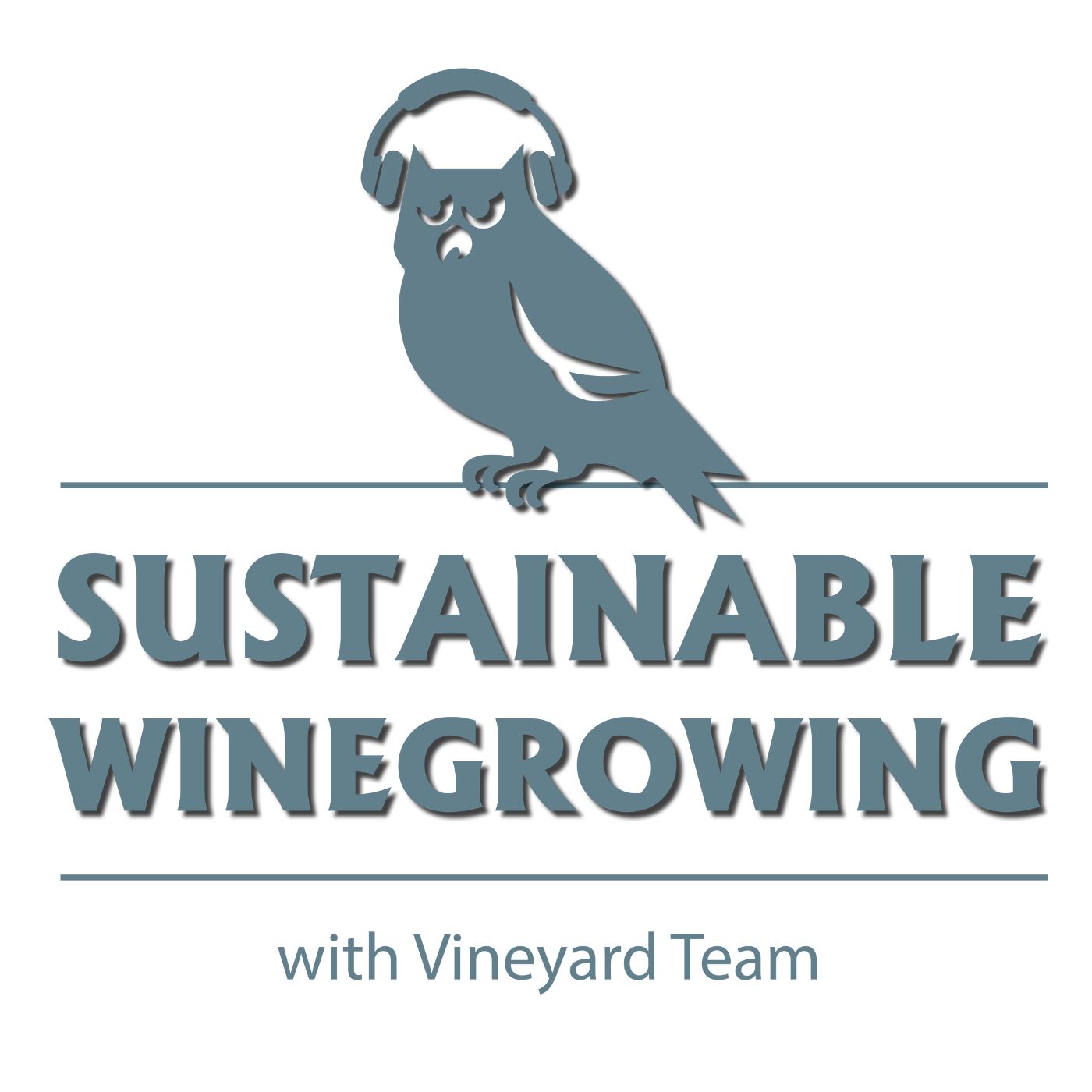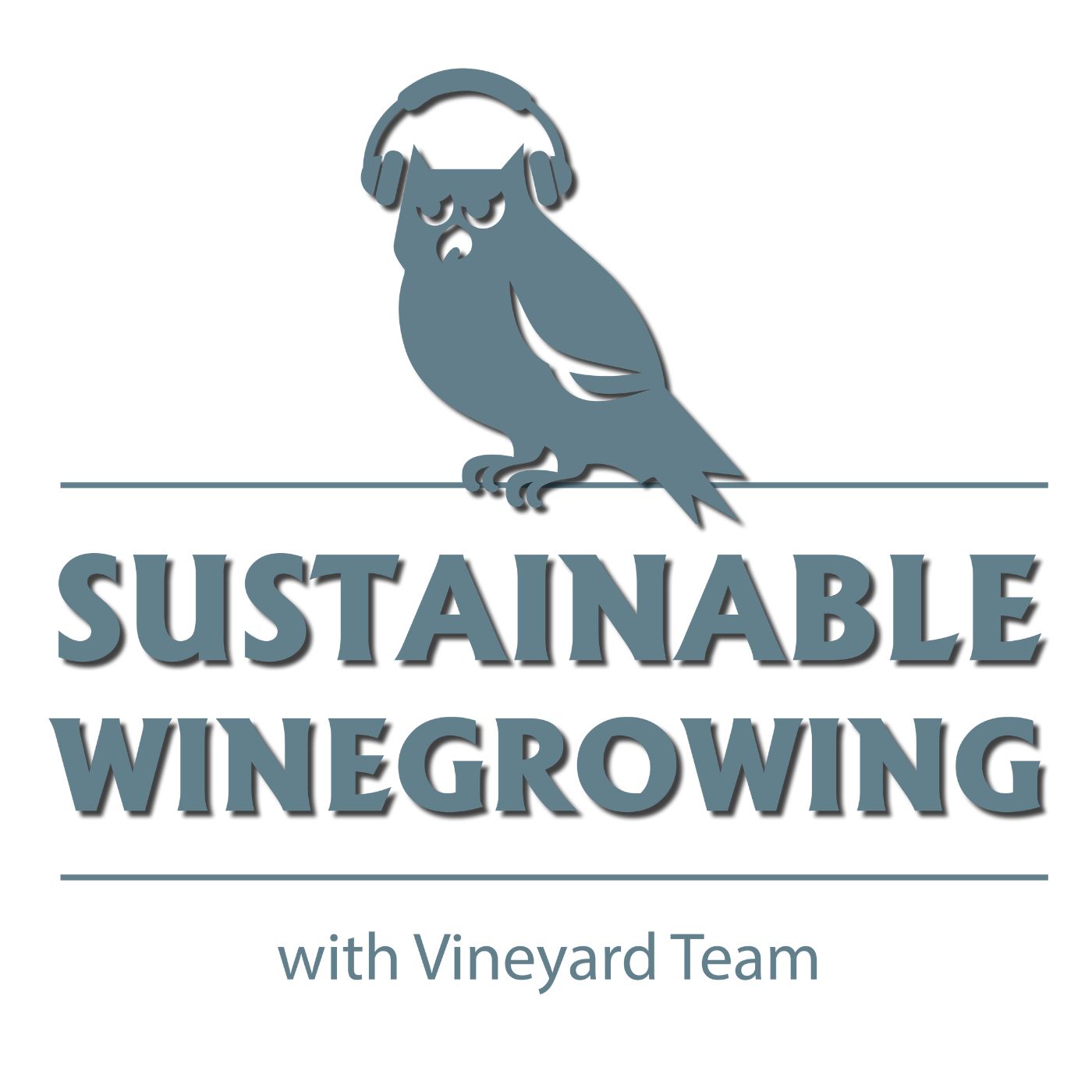266: Soft Pesticide Trial: Powdery Mildew, Downy Mildew, Botrytis, and Sour Rot
Description
Managing pests like powdery mildew, downy mildew, botrytis, and sour rot can be a complex challenge. Andy Fles, Vineyard Manager at Shady Lane Cellars in Michigan, shares insights from his USDA Sustainable Ag Research Education producer grant project. The project compares two pest management approaches: a ‘soft’ pesticide program and a conventional one. Andy conducted the experiment using his on farm sprayer, providing real-world results. Despite climate variability and fluctuating pest pressures, the soft pesticide program proved effective. The project underscores the potential of using softer chemistries to manage disease while maintaining fruit quality.
Resources:
- REGISTER: April 25, 2025 | Fungicide Spraying: Evolving Strategies & Grower Insights
- 80: (Rebroadcast) The Goldilocks Principle & Powdery Mildew Management
- 117: Grapevine Mildew Control with UV Light
- 197: Managing the Sour Rot Disease Complex in Grapes
- 219: Intelligent Sprayers to Improve Fungicide Applications and Save Money
- 235: Battling Fungicide Resistance with Glove Sampling
- Rufus Issacson, Michigan State University
- Shady Lane Cellars Secures $11K National Farming Grant
- Timothy Miles, Michigan State University
Vineyard Team Programs:
- Juan Nevarez Memorial Scholarship - Donate
- SIP Certified – Show your care for the people and planet
- Sustainable Ag Expo – The premiere winegrowing event of the year
- Vineyard Team – Become a Member
Get More
Subscribe wherever you listen so you never miss an episode on the latest science and research with the Sustainable Winegrowing Podcast. Since 1994, Vineyard Team has been your resource for workshops and field demonstrations, research, and events dedicated to the stewardship of our natural resources.
Learn more at www.vineyardteam.org.
Transcript
[00:00:00 ] Beth Vukmanic: Managing pests like powdery mildew, downy mildew, botrytis and sour rot can be a complex challenge.
[00:00:10 ] Welcome to sustainable Wine Growing with Vineyard Team, where we bring you the latest in science and research for the wine industry. I'm Beth Vukmanic executive director.
[00:00:21 ] In today's podcast, Craig McMillan, critical resource Manager at Niner Wine Estates. With Longtime SIP Certified Vineyard and the first ever SIP certified winery speaks with Andy Fles, vineyard Manager at Shady Lane Cellars in Michigan. Andy shares insights from his USDA Sstainable Ag Research Education Producer grant project. The project compares to pest management approaches, a soft pesticide program and a conventional one.
[00:00:50 ] Andy conducted the experiment using his on farms sprayer, providing real world results. Despite climate variability and fluctuating pest pressures, the soft pesticide program proved effective. The project underscores the potential of using softer chemistries to manage disease while maintaining fruit quality.
[00:01:10 ] If you'd like to learn more about this topic, then we hope you can join us on April 25th, 2025 for the fungicide spraying evolving strategies in Grower Insights tailgate taking place in San Luis Obispo, California. Dr. Shunping Ding of Cal Poly will share updated results from a study on the efficacy of different fungicide programs containing bio fungicides.
[00:01:34 ] Then we will head out into the vineyard to learn about new technologies for integrated pest management and talk with farmers from different growing regions about their program. Now let's listen in.
[00:01:49 ] Craig Macmillan: Our guest today is Andy Fles. He is the vineyard manager at Shady Lane Cellars in Michigan. And today we're going to talk about a pretty cool little project. He's got going looking into two different pesticide programs. Thanks for being on the podcast, Andy.
[00:02:03 ] Andrew Fles: Yeah, my pleasure, Craig.
[00:02:05 ] Craig Macmillan: So you have a grant from the USDA sustainable agriculture research and education program. To look at what you call a soft pesticide program for your vineyard in Michigan and comparing it to what we would call a sustainable or sustainable conventional program. What do you define as a soft pesticide program?
[00:02:25 ] Andrew Fles: Well, that's kinda just a, a term that we applied to identify it. I didn't want to use organic because I thought that there would be a good chance we would utilize things that are considered by the industry to be very soft in terms of you know, they're not a harsh chemical or a carcinogenic, a known carcinogenic compound.
[00:02:49 ] But something, for example, like. Like horticultural grade peroxide, which goes by several different trade names. So that's just, it's hydrogen peroxide and it is a disinfectant that turns into water and oxygen. So it's pretty Soft in terms of what it does to beneficials and, and plants and, and such.
[00:03:11 ] We utilize some of those products already in our spray program. But combined also with, we're probably 50 percent organic in terms of what we spray out. for fungicides, pesticides, insecticides. And so we're still altering in some synthetic compounds.
[00:03:28 ] And we wanted to compare that, what we currently do, to something that was much softer, like only soft compounds. Something that could be considered a OMRI certified organic program, or, or almost, right? Like maybe there's just one or two things that are very soft, but not technically OMRI certified.
[00:03:49 ] Craig Macmillan: Right, and I do want to , get into the weeds on that a little bit later. Cause it's a, it's an interesting, Set a program that you've got going and I have lots of questions about them. What inspired this project?
[00:04:01 ] Andrew Fles: I think just that continued movement towards investigating what works here in the east. You know, we, of course, get more wetting events and, and wetting periods that cause more fungal issues here compared to the west coast. And so we really, you know, we have to have an eye on sustainability. Certainly at Shady Lane, we really push for that.
[00:04:25 ] But we also need to make sure that we have a marketable crop. We need to make sure the wine quality is, is high and acceptable for our standards. And so you know, if we're talking about, you know, every year is quite different here. We can get a, like, for example, in 2024, very wet in the first half of the year, very, very dry in the second half.
[00:04:51 ] And, and then, which was quite different from 23 and quite different from 22 and so on and so forth. so, so some years we need to kind of step in and use a synthetic product here at this key time or, you know we need to protect our, our, our wine grape quality.
[00:05:07 ] Craig Macmillan: What are the primary pests and diseases in your area?
[00:05:11 ] Andrew Fles: So we have issues with the usual suspects that powdery mildew, of course. That's, that's fairly, I think if you're on top of your game, that's, it's pretty controllable. Even with soft products here it's just a spray frequency and coverage issue.
[00:05:27 ] Downy mildew is something that can be quite challenging in certain years.
[00:05:31 ] And there's, and there's less tools in the toolbox to use for that as well. And so you gotta, you gotta be on top of that with scouting preventative, like canopy, you know, canopy management practices that deter too dense of a canopy or, or clusters that are. hidden behind several layers of leaf.
[00:05:53 ] Those are going to cause problems for you no matter what you're spraying, synthetic or organic, right? So, so we try and utilize all those things and and then we, we can a


